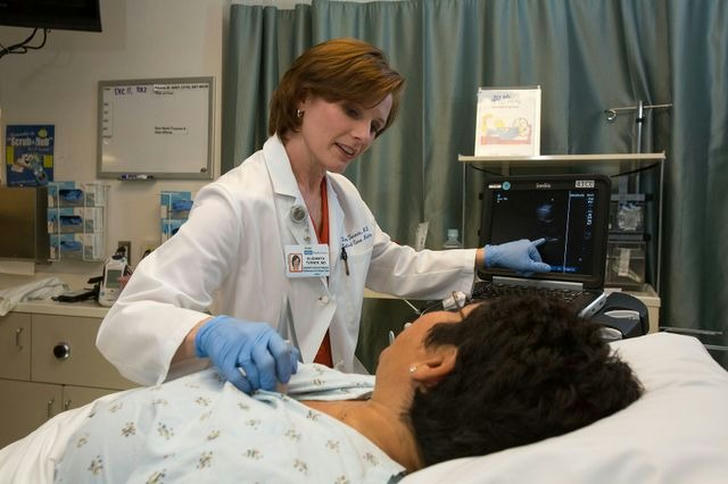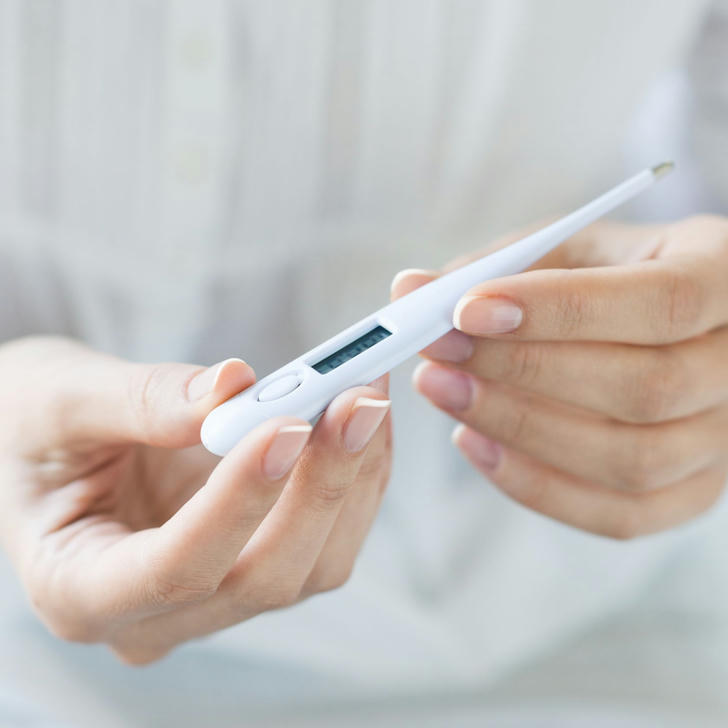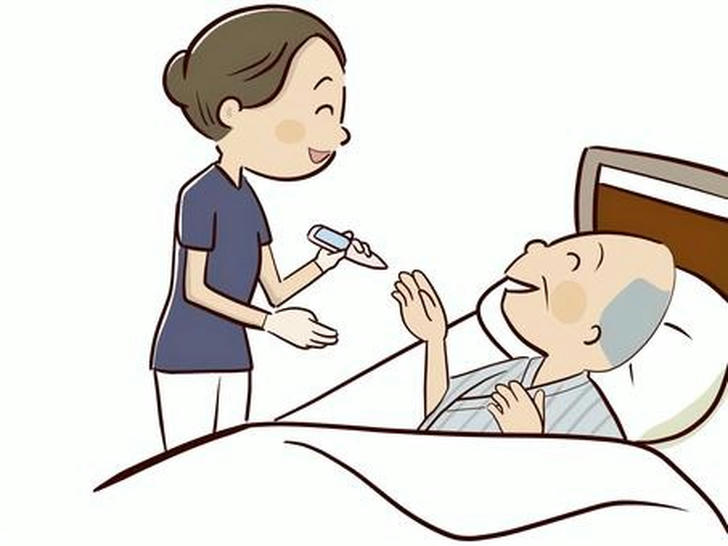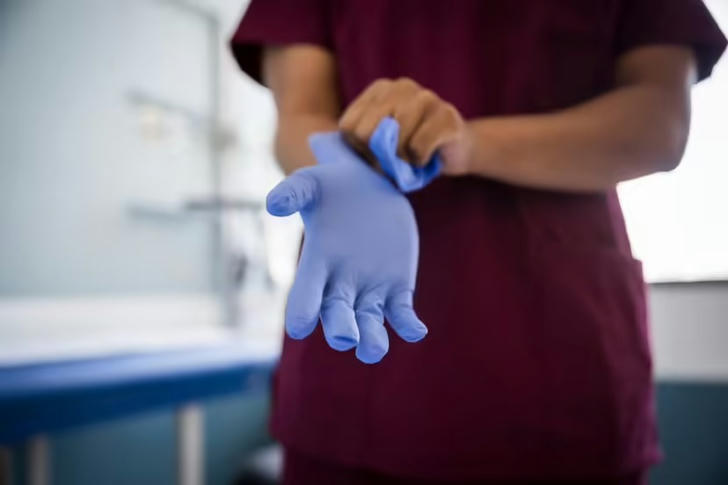When is the most accurate time for a nurse to weigh a patient?

To obtain the most accurate weight, the nurse should weigh the patient at the same time each day. This consistency helps control for any variables and provides more reliable data.
Prior to a blood transfusion, what tests should be conducted on the patient’s blood?

Before a blood transfusion, both blood typing and cross-matching are essential. Blood typing identifies the donor and recipient's blood types, while cross-matching ensures compatibility after the types are matched.
When documenting patient care, which characteristics are most relevant?

Patient care documentation must be clear and precise, ensuring that there is no room for misunderstanding. It should be organized, thorough, and accurate to be helpful to any healthcare provider who may need to refer to it later.
What would be the most effective method to reduce swelling in a patient?

Cold compresses are effective for reducing swelling, while heat compresses are typically used for pain relief, especially for conditions like back pain.
What does palliative care focus on?

Palliative care aims to alleviate symptoms and reduce stress for those with serious illnesses, focusing on enhancing the quality of life for both patients and their families.
What is the final step when making a bed?

Given the high number of germs present on beds and sheets, it is essential to wash your hands after handling them. While other steps are part of the process, washing your hands is the final step.
Which food is not a reliable source of Vitamin A?

Vitamin A is essential for vision health, while potatoes are rich in vitamin C, B6, and fiber, but not in vitamin A.
Which statement about wearing gloves is incorrect?

Latex gloves are not ideal for all situations due to the risk of latex allergies. Many alternative glove materials are available for use instead.
How is the influenza vaccine typically administered to patients?

The typical flu vaccine is administered intramuscularly, injected directly into the muscle.
Which of the following is indicative of a Stage 4 decubitus ulcer?

Stage 4 of a decubitus ulcer is characterized by damage reaching the bone, joint, or tendons. Stage 1 involves redness, Stage 2 shows both redness and an open sore, and Stage 3 presents a deep, crater-like ulcer.
Which nursing specialty is concerned with providing care to critically ill or unstable patients?

Intensive care nursing specializes in caring for patients who are critically ill or in unstable conditions. You can typically find them in settings like intensive care units, burn units, pediatric care, and more.
What medical condition is referred to as hypertension?

Hypertension is the medical term for high blood pressure, while hypotension refers to abnormally low blood pressure.
When preparing a sterile field for a dressing change, which action would compromise the sterile technique?

The edges of a sterile field are considered contaminated. Therefore, anything that comes into contact with the edges is also regarded as contaminated.
Which patient is at a higher risk of developing an infection?

Leukopenia refers to a condition in which a person has a reduced number of white blood cells (leukocytes), which play a crucial role in fighting infections.
Which nerve becomes compressed in individuals with carpal tunnel syndrome?

Carpal tunnel syndrome occurs when the median nerve, which supplies the hand, becomes compressed. This leads to sensations of numbness, tingling, and pain in the affected hand and arm.
What is the average normal internal body temperature for a healthy adult?

A normal body temperature is typically 98.6°F (37°C). A temperature above 100.4°F (38°C) usually indicates an infection or other illness.
After being given an antibiotic, a patient begins developing hives. What is this a sign of?

After taking a medication, reactions like rashes, hives, or even breathing difficulties may occur. These symptoms indicate a drug allergy.
After a 2-month-old undergoes cleft lip repair, what type of restraint should be used?

An elbow restraint prevents an infant from touching the surgical area but does not restrict movement in other parts of their body.
How long should a nurse wait after a patient drinks something cold before taking their oral temperature?

After drinking a cold beverage, it’s important to wait about 15 minutes before taking an oral temperature, as the mouth needs time to return to a baseline temperature for an accurate reading.
If a patient is experiencing chest pain, which of the following should NOT be done?

When a patient experiences chest pain, they should not consume any food or beverages until evaluated by a doctor. Additionally, they should not be positioned on their stomach during the episode.
Which of these is NOT typically considered a sign of approaching death?

As the body shuts down, it undergoes several changes, including loss of appetite, not an increase in appetite.
What is the medical term for burping or releasing gas?

Flatus is the medical term for intestinal gas, and the more colloquial term for passing gas is flatulence.
What is the typical resting heart rate for an adult?

An adult's normal heart rate ranges from 60 to 100 beats per minute. A lower rate typically indicates better heart efficiency and cardiovascular fitness, which is why athletes may have a heart rate below 60 and still be healthy.
A nurse is caring for a patient with MRSA and wearing a gown and gloves. When is it appropriate for them to dispose of the gown and gloves before attending to another patient?

Disposing of the gown and gloves within the room of a patient with MRSA helps prevent the spread of infection to both staff members and other patients.
Why is taking a patient’s oral temperature the most commonly used method?

Taking an oral temperature is often the simplest and most desirable method, as it gives patients a greater sense of control over the process.
